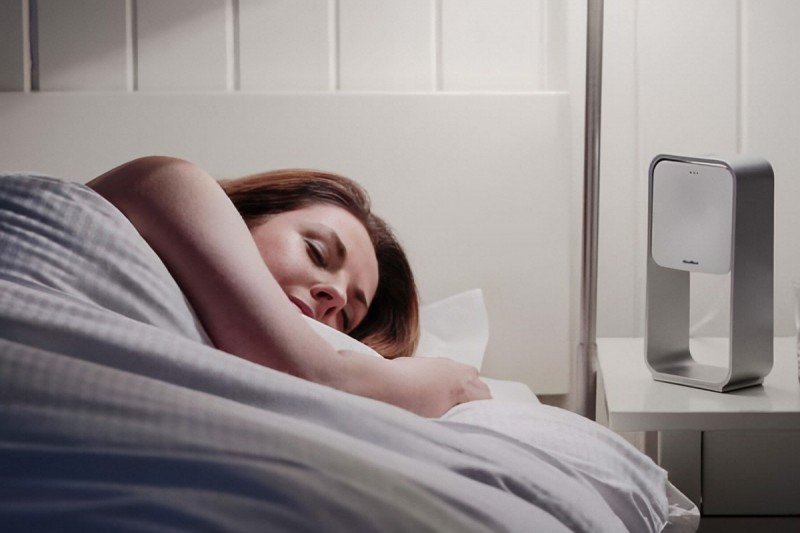
When it comes to getting a good night's sleep, your nighttime habits play a crucial role. To achieve better sleep and wake up feeling refreshed, it's essential to be mindful of what you do before bed. In this article, we'll discuss six things you should avoid before hitting the hay to ensure you sleep smarter and wake up rejuvenated.
1. Caffeine Consumption
Many of us enjoy a cup of coffee or tea during the day, but consuming caffeine too close to bedtime can disrupt your sleep cycle. Caffeine is a stimulant that can keep you awake and make it challenging to fall asleep. Aim to avoid caffeine intake at least six hours before bedtime to allow your body enough time to process it.
2. Heavy Meals
Indulging in a large, heavy meal right before bedtime can lead to discomfort and indigestion, making it harder to fall asleep. Your body needs time to digest food properly. Instead, opt for a light snack if you're hungry before bed, and try to eat at least two to three hours before you plan to sleep.
3. Screen Time
The blue light emitted by smartphones, tablets, and computers can interfere with your body's production of melatonin, a hormone that regulates sleep. Avoiding screens at least an hour before bed can help signal to your body that it's time to wind down. Consider reading a book or practicing relaxation techniques instead.
4. Intense Exercise
While regular exercise can promote better sleep, engaging in vigorous workouts close to bedtime can have the opposite effect. Intense physical activity can increase your heart rate and adrenaline levels, making it difficult to relax and fall asleep. If you want to exercise in the evening, opt for gentle yoga or stretching routines.
5. Stressful Activities
Engaging in stressful or mentally stimulating activities before bed can keep your mind racing when you're trying to sleep. Avoid discussing work-related matters, having intense conversations, or dealing with stressful tasks right before bedtime. Instead, create a relaxing bedtime routine that includes calming activities like meditation or deep breathing exercises.
6. Alcohol Consumption
Although alcohol might make you feel drowsy initially, it can disrupt your sleep patterns and lead to fragmented sleep throughout the night. Alcohol can interfere with REM sleep, which is crucial for cognitive functioning and emotional well-being. If you choose to drink, do so in moderation and avoid doing it right before bed.
Achieving better sleep starts with making mindful choices before bedtime. By avoiding caffeine, heavy meals, screen time, intense exercise, stressful activities, and excessive alcohol consumption, you can set the stage for a restful night's sleep. Remember that quality sleep contributes to your overall well-being and productivity.
Jupiter Hospitals Secures Rs 123 Cr in Pre-IPO Round, Receives Sebi Nods for Listing
Relieve Acidity Naturally: Top Yogasanas for Digestive Health
Shield Your Skin: How to Prevent Ringworm and Itching this Season